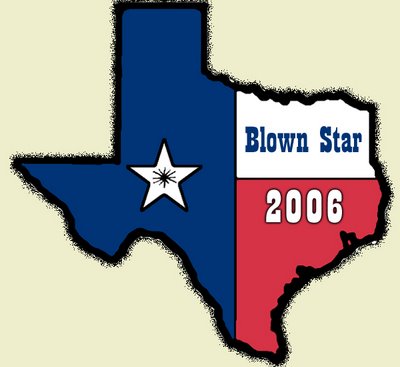
This rather dour looking individual is one Dionisio Pulido. You have heard of him, perhaps? No?
As the bartender asked the horse that wandered into his bar looking for a drink, “Why the long face?” Well, you’d look dour too if your hearth, home, and livelihood were, almost overnight, buried under a few million tons of ash and smoking rock.
Pulido, a farmer in the state of Michoacán, Mexico, was happily toiling away in his cornfield back on February 20, 1943, when a fissure suddenly opened up in the midst of said field. Sulfurous fumes wafted out of that crack in the earth as the ground shook with minor temblors. By the next morning, the fissure was no longer there, having been replaced by a cinder cone the size of a house.
The smart money, at this point, was on picking up and getting the hell out of Dodge... because the nascent volcano (for that is indeed what it was) kept erupting and growing for the next nine years, eventually reaching a height of 1,345 feet over the surrounding area and burying the nearby towns in several hundred feet of lava and pyroclastic material.

The Parícutin volcano in an early eruption, 1943.
The volcano, named Parícutin after one of the villages it demolished, is extinct now, but it has the distinction not only of being the newest volcano in the Western hemisphere, but also the only one the formation of which was observed from the very beginning. None of this really was much help to Dionisio Pulido at the time, who had not taken out volcano insurance and whose corn crop suffered mightily from the several million tons of rock under which it was buried. At least these days, he’d be able to enjoy a few minutes of fame. Perhaps a spot on the Today show, in which he could nod his head at Matt Lauer’s questions and pretend he understood a word of them. A YouTube video of him running away from a wall of advancing lava. And tweets... lotsa tweets.
I first learned of the story of Parícutin and Dionisio Pulido back in my Snot-Nose Days, and that story both fascinated and terrified me. There is a savage beauty in the elemental character of our planet, a reminder that we are but tiny insects crawling upon the surface of a very large sphere... but combined with this is the paranoid knowledge that if it could happen to Señor Pulido, it could happen to any of us.
OK, the odds of your being buried in lava by a volcano that erupts out of your back yard are much greater if you live in the middle of the Trans-Mexican Volcanic Belt than, say, on the south shore of Long Island, but what is rational thought to an eight-year-old kid? Had the movie Volcano, which posits a Parícutin-like eruption in the middle of Los Angeles, been released in, say, 1960, it might have sent me right over the edge.
I would gaze at photographs of the Parícutin eruptions, spellbound at the cinders glowing against the silhouetted slopes of that grim cone. I also learned of Mauna Loa and Kilauea, the Hawaiian volcanoes, thanks to the kind offices of the National Geographic. No African woman’s pendulous dugs held as much fascination for me as those fire-belching Earth-Titties.
Many years later, we would travel to the Big Island and I would see firsthand the very landscapes that had captured my imagination so effectively over thirty years before. It was a transcendent experience...
...but there must still be a lot of volcanic residue buried deep, deep within my brainpan, for every so often I will have Volcano Dreams... dreams in which I am once again living in my childhood home, where the back yard cracks open and reveals a sea of boiling, glowing magma beneath. Parícutin writ upon the palimpsest of Lawn Guyland? Perhaps.
I need to see a shrink, methinks.




















No comments:
Post a Comment